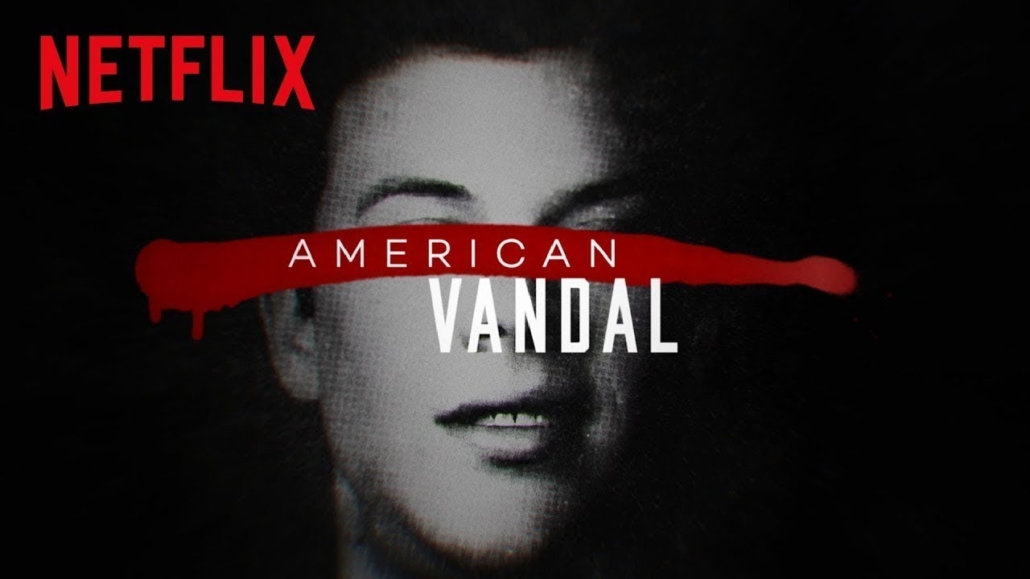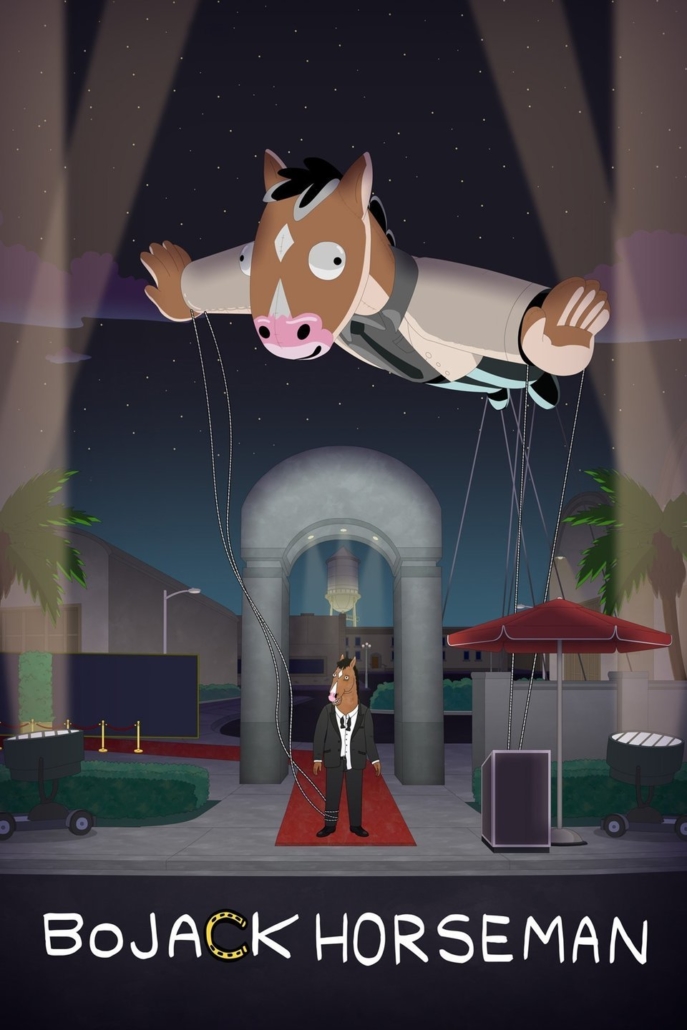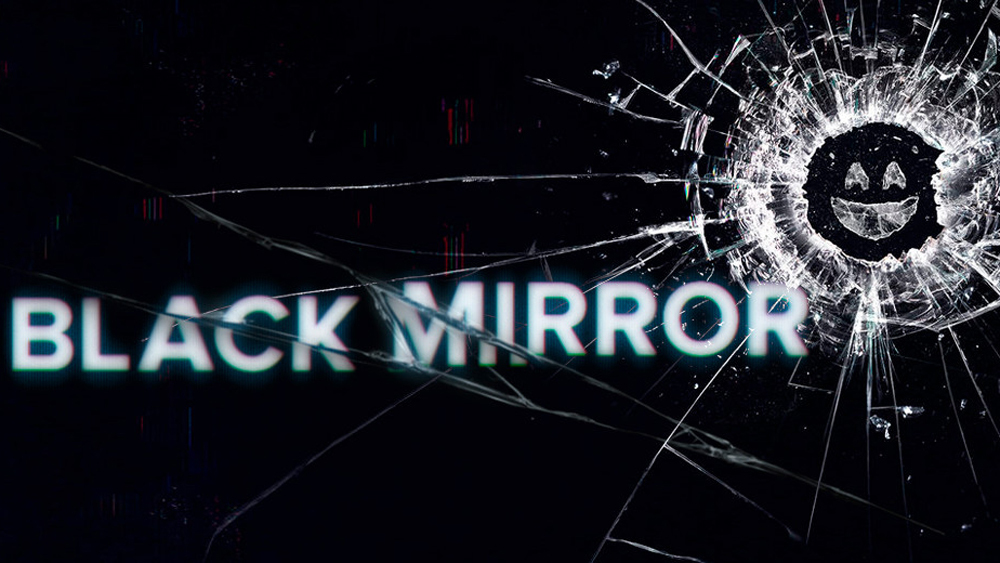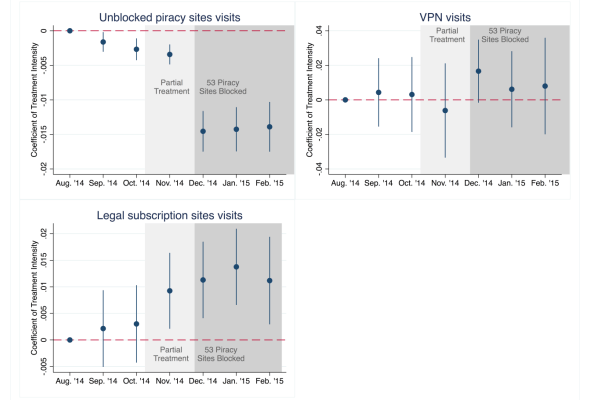Netflix The King Of Original Content
What are the best TV series on Netflix to watch? Netflix is the absolute king when it comes to original content. Nobody comes anywhere closer to what Netflix has done or keep doing in the present. But also the content that isn’t a Netflix original is still amazing and with a great depth. Netflix has a huge library when it comes to TV Series. When you start into the Netflix magic world, especially with the TV series, you may get lost a little. There is so much content and it may be very confusing to select the best TV series to watch. Also when you start with a series, then Netflix tends to suggest content similar to that one. So be sure to make your first choices wisely or better yet, follow this guide.

Best TV Series On Netflix List
Even though this is really a hard task, if I should make a list with the best of the best, including the best TV series on Netflix for most audiences, then I would narrow it to the following:
- 13 Reasons Why
- 24
- 30 Rock
- 3rd Rock From the Sun
- America: The Story of Us
- American Pickers
- American Vandal
- Ancient Aliens
- Archer
- Arrested Development
- Atypical
- Ax Men
- Battlestar Galactica
- Black Mirror
- Bodyguard
- Bojack Horseman
- Breaking Bad
- Burn Notice
- Cake Boss
- Californication
- Cheers
- Chilling Adventures Of Sabrina
- Columbo
- Coupling
- Dark
- Damages
- Daredevil
- Deadliest Catch
- Dexter
- Dear White People
- Designated Survivor
- Dirty Jobs
- Doc Martin
- Downton Abbey
- Drop Dead Diva
- Eli Stone
- Family Guy
- Firefly
- Flying Wild Alaska
- Frasier
- Friday Night Lights
- Friends
- Friends From College
- Futurama
- Ghoul
- Glee
- Glow
- Gold Rush Alaska
- Gossip Girl
- Grace And Frankie
- Grey’s Anatomy
- Haunting Of The Hill House
- Heroes
- House of Cards
- How I Met Your Mother
- How To Get Away With Murder
- Inspector Lewis
- IT Crowd
- Jane The Virgin
- Jessica Jones
- Kingdom
- Kyle XY
- Lady Dynamite
- Last Tango in Halifax
- Life On Mars
- Lost
- Lucifer
- Luke Cage
- Luther
- Mad Men
- Married with Children
- Master Of None
- Merlin
- Mindhunter
- Midsomer Murders
- Money Heist
- Narcos
- Narcos: Mexico
- NewsRadio
- Nip/Tuck
- On My Block
- Orange Is The New Black
- Outlander
- Ozark
- Parenthood
- Parks and Recreation
- Party Down
- Pawn Stars
- Persons Unknown
- Pretty Little Liars
- Rectify
- Red Dwarf
- Rescue Me
- Riverdale
- Robin Hood
- Russian Doll
- Sacred Games
- Sense8
- Sex Education
- Sherlock
- Skins
- Sons of Guns
- Sports Night
- Star Trek: Discovery
- Star Trek: Enterprise
- Star Trek: The Next Generation
- Star Trek: The Original Series
- Star Trek: Voyager
- Stargate Atlantis
- Stargate SG-1
- Stargate Universe
- Stranger Things
- Storage Wars
- Suits
- Swamp People
- The Boys
- The Crown
- The Defenders
- The Good Place
- The Good Wife
- The Guardian
- The Kennedys
- The Office
- The Punisher
- The Rat Patrol
- The Rockford Files
- The Sarah Connor Chronicles
- The Survivors
- The Universe
- Torchwood
- Tudors
- Twin Peaks
- Unbreakable Kimmy Schmidt
- Veronica Mars
- Weeds
- White Collar
- Wild Wild Country
- You
Add Your Best TV Series On Netflix
You think we missed some of the best TV Series on Netflix? If so let us know, simply leave a comment down below. The list is updated frequently since Netflix always adds original and not only content. And perhaps your favorite TV Series will make it on this list too!
The Conclusion(?)
So which is the Best TV Series On Netflix? As you can see it really depends from person to person. But whatever your style or tv series preference, one thing is for sure: Netflix has it. Comedy, Horror, Romance, Crime, Documentary, Soap, Drama… You name it, it’s here. The best way to start digging the content is by trying some TV Series. And as long as you can have a free month subscription just to try the service, you will see if it is worth it or not. My personal prediction: you are gonna love it. Not only for TV series but for movies too. But this one is a topic we are gonna pick on an upcoming article. And make sure to have a Smart TV or use a TV Box to connect to your existing TV if you want the cinema like experience in your living room.
















